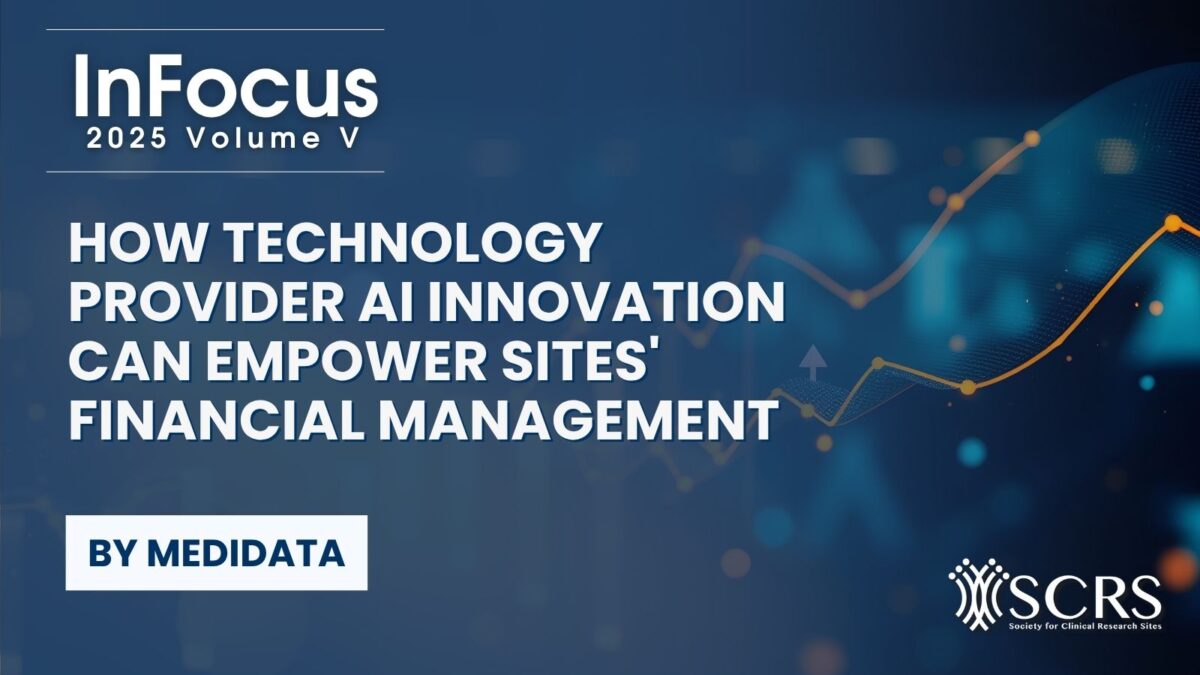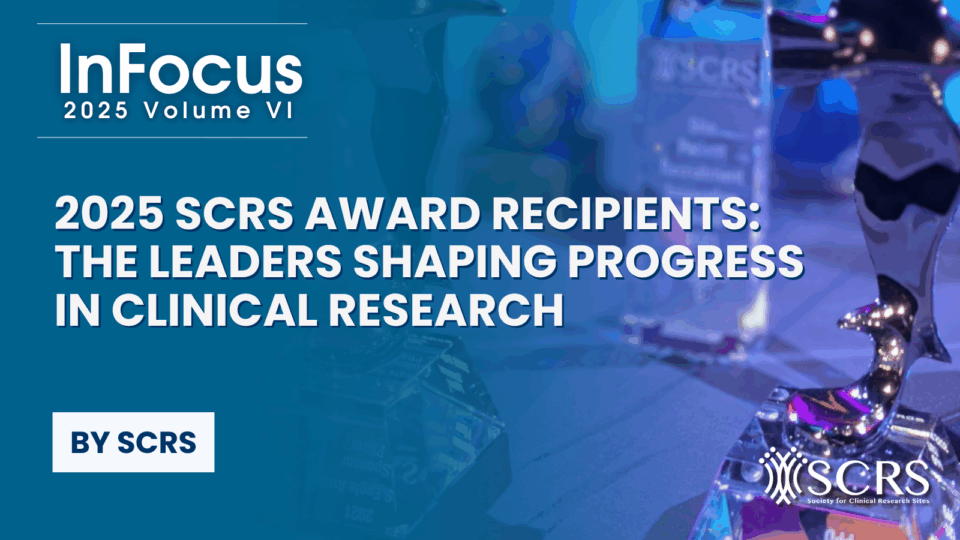How Technology Provider AI Innovation Can Empower Sites’ Financial Management

Site operations have gotten dramatically more expensive. Clinical trial sites face ongoing and escalating challenges in balancing their commitment to critical research against the burden of increasingly complex administrative and financial management. The topic of operating costs is not going away any time soon.
Yet, we are in the middle of a technology revolution that is taking the world by storm and will significantly change how we work in the future. AI has achieved unprecedented adoption rates – according to Stanford HAI 78% of organizations reported using AI in 2024, up from 55% the year before. Generative AI attracted $33.9 billion globally in private investment, and the performance benchmarks that test limits of advanced AI systems have sharply increased, providing higher quality outputs.
Just as unprecedented as the adoption rates and quality improvements have been, there is an immense and transformative opportunity for technology providers to leverage AI to innovate and improve the financial management for both sponsors and sites.
Achieving Fair and Timely Budget and Contract Negotiations
Every site has likely gone through multiple rounds of budget negotiations. The baseline for a budget can be wildly off from the site’s operational costs and prolonged contract negotiations cost sites money. AI technology could help reduce negotiation timelines in several ways:
- Establishing a better baseline: Technology should incorporate not only the fair market value (FMV), but also take into account the region, inflation, past negotiated contracts, therapeutic areas, and past performance metrics before ever presenting a budget draft to the site. AI also has the ability to predict changes in cost in the future thus addressing future benchmarks.
- Protocol-specific accuracy: Contracting should consider not only the study protocol and therapeutic area, but AI could also analyze site-specific processes. This would ensure that all unique procedures, visits, resource requirements, and hidden costs are incorporated into contracting from the start, preventing unexpected shortfalls later in the trial.
- Timely contracting: AI should be able to analyze issues in a contract, offer plain language explanations, and suggest escalation pathways to expedite finalization of the contract.
Improving Financial Processes
While AI can provide multiple benefits to the sponsor from faster payment technology setup and workflows, sites could also benefit from AI-driven improvements:
- Efficient reconciliation: Payment technology should be able to meet site processes without increasing technology burden. There is an opportunity to leverage AI to automate, analyze, and improve payment data flow by enabling it to review and match remittances against accounts receivables, conduct end-of-study reconciliation against negotiated budgets, and identify missed invoicing opportunities.
- Financial Performance Analytics: There is an opportunity to incorporate KPIs and performance metrics from more sources. Furthermore, advances in analytics could help sites take control and make proactive decisions about resource allocation, future trial selection, as well as identifying financial risks early on.
As the technology around us shifts, our ability to improve the financial pain points in the industry must evolve as well. By applying automation and analytics to complex problems, AI can help speed up processes and reduce administrative burden, so we can redirect precious resources back to the patient care and research mission.
By Hanna Huff, Director CTFM Product Management, Medidata



